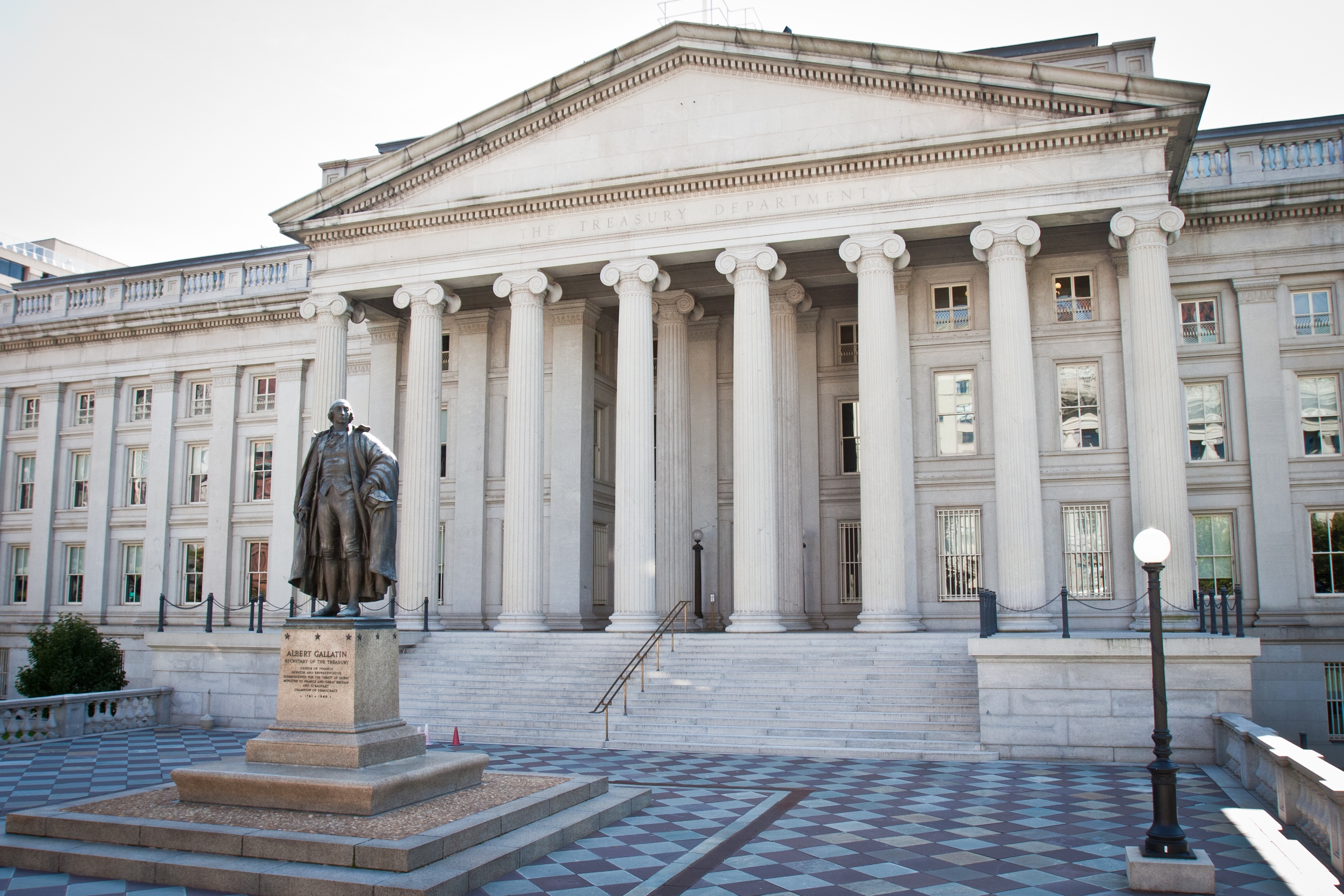Understanding the Federal Debt Limit
With split control of Congress heading into 2023, concerns are mounting that negotiations among lawmakers on raising the debt ceiling could stall, putting the US at risk of a financial crisis or even a default. TPC researchers have written extensively on the importance of raising the debt ceiling in a timely manner.
Playing Russian Roulette With The Federal Debt – TaxVox post by Leonard Burman and William Gale, Dec. 13, 2022
- The debt limit has not instilled fiscal discipline or served any productive purpose. Ideally, Congress would abolish the debt limit and instead follow the Gephardt rule utilized from 1979-1995. Under that rule, when Congress adopts legislation that adds to federal deficits, it also approves the borrowing necessary to implement the law.
- Research indicates that the perceived safety of US Treasuries keeps our interest rates 0.25 percentage points lower than those of other sovereign nations. That equates to about $60 billion in annual savings for the federal government. A default would eliminate that premium and could cause interest rates to explode massively increasing federal borrowing costs. Even without a default, a protracted debt ceiling standoff would be extremely dangerous given our teetering economy, potentially prompting a recession or depression.
Not Raising the Debt Ceiling Would Worsen the Fiscal Situation – US News & World Report op-ed by William Gale, March 30, 2011
- The whole question about raising the debt limit is whether Congress should allow the government to pay for spending that has already been approved by Congress. The unequivocal answer is, “Yes.” Raising the limit has nothing to do with controlling future spending or with raising the taxes necessary to pay for future spending.
- Raising the debt limit is a completely ordinary event. As of March 2011, the limit had been raised 74 times in the prior 50 years. Debt limit increases are associated with both Republicans and Democrats.
The Costs of Debt Limit Brinksmanship – Joint Economic Committee testimony by Donald Marron, Sept. 18, 2013
- In 1979, Treasury failed to make payments on time to some individual investors holding T-Bills (short-term debt obligations backed by the Treasury). The default only affected a narrow group of investors, but it kept interest rates on T-Bills elevated for months, increasing the cost of government borrowing.
- Brinksmanship in 2011 around the debt ceiling also came at a significant cost. During that crisis, consumer confidence and the stock market plummeted. It also harmed the international reputation of the US.
Catastrophic Budget Failure – National Tax Journal article by Leonard Burman, Jeffrey Rohaly, Joseph Rosenberg, and Katherine C. Lim, 2010
- This paper discusses the ways in which continued unsustainable issuance of public debt could make the market for government securities a classic bubble, as well as the disastrous consequences of that bubble bursting.
- Decades of loose fiscal policy have left the federal government with a sizeable debt burden and left the country more susceptible to short-term increases in interest rates and inflation.
- When high deficits began pushing up interest rates in the early 1980s, Wall Street actually lobbied President Reagan to raise taxes to help calm financial markets.
- Future forecasts often don’t pan out, but past experience indicates that lawmakers will continue extending temporary tax cuts currently on the books and make the long-term debt picture that much more challenging.
What Should the President Do When Debt Limit Inaction Forces Him To Violate The Law? – TaxVox post by Eugene Steuerle, Sept. 29, 2021
- When Congress increases spending and cuts taxes then fails to extend the nation’s debt limit, it forces the president to violate congressional demands for new spending it already authorized.
- A half-century ago, Congress passed a law barring President Nixon from “sequestering” funds from programs he did not support. By failing to increase the debt limit, Congress would essentially force the President to violate that law.
Additional Resources:
The Prescription: Fiscal Policy for Today's Economy with Len Burman – Dec. 15, 2022
Congress’s Debt Limit Problem Is Toddler Fiscal Policy – TaxVox post by Leonard Burman, Sept. 22, 2021
Staring Down the Debt Limit – Econofact post by William Gale and Emily Merola, July 22, 2019
It’s Groundhog Day Over the Debt Ceiling – Brookings Institution post by William Gale, Sept. 25, 2013
Financial Times is right: the debt ceiling should be scrapped – Forbes article by Leonard Burman, May 10, 2011
Countdown to Catastrophe – The Milken Institute Review article by Leonard Burman, 2010 2nd quarter edition

